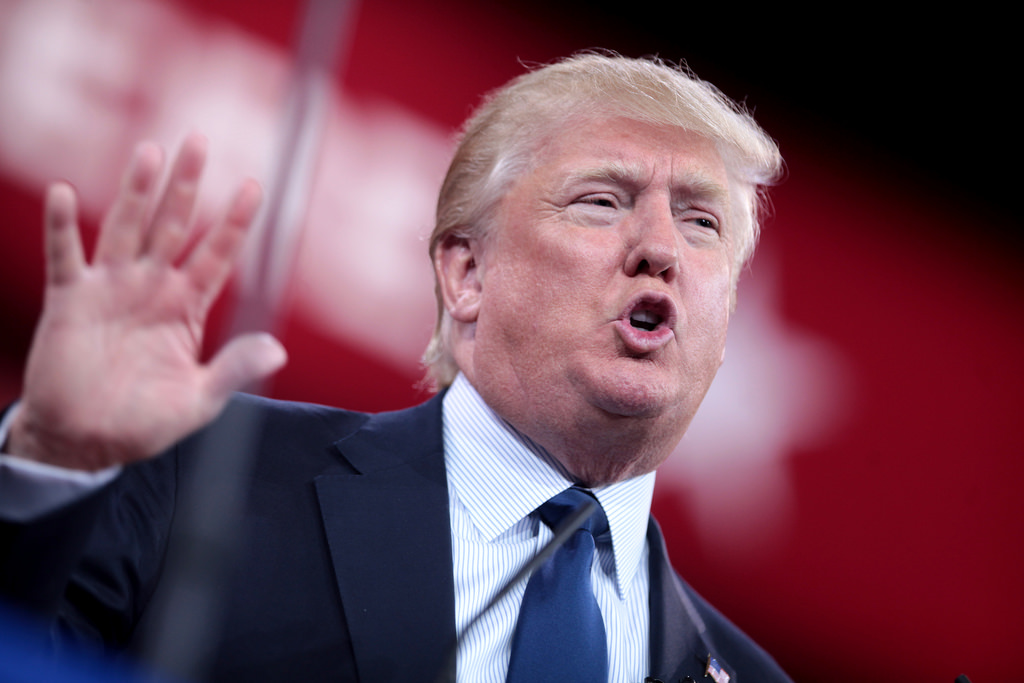Inflation is expected to spell in the United States, following the presidency of President-elect Donald Trump amid expansionary fiscal policy and the introduction of tariffs. However, tighter financial conditions, including from less accommodative monetary policy, could provide some offset.
US headline and core consumer price index both rose by 0.2 percent m/m in November, broadly in line with market expectations. On an annual basis the headline CPI rose to 1.7 percent from 1.6 percent, while the core CPI was unchanged at 2.1 percent.
Of the non-core components, energy prices increased by 1.2 percent m/m and food prices were largely unchanged. The composition of the core CPI inflation was a little disappointing, with broad-based weakness in goods prices being offset by a solid rise in service prices. That said, some of the strength in the latter was likely due to temporary factors.
The headline CPI has been accelerating in recent months (Figure 1) as the sharp decline in energy prices has largely washed out. Further convergence toward the core CPI rate in y/y terms is expected in the coming months.
Core inflation measures suggest underlying price pressures remain relatively modest and have been moderating somewhat.
"Our modelling of the fundamental drivers of core inflation suggests a very small unemployment gap is continuing to exert upward pressure. It is a similar story for headline CPI. Notably, the USD and energy prices are broadly neutral for inflation. Market-based measures of inflation expectations continue to climb," said Tom Kenny, Senior Economist, ANZ.



 South Korea Assures U.S. on Trade Deal Commitments Amid Tariff Concerns
South Korea Assures U.S. on Trade Deal Commitments Amid Tariff Concerns  FxWirePro: Daily Commodity Tracker - 21st March, 2022
FxWirePro: Daily Commodity Tracker - 21st March, 2022  Bank of Japan Signals Readiness for Near-Term Rate Hike as Inflation Nears Target
Bank of Japan Signals Readiness for Near-Term Rate Hike as Inflation Nears Target  Dollar Steadies Ahead of ECB and BoE Decisions as Markets Turn Risk-Off
Dollar Steadies Ahead of ECB and BoE Decisions as Markets Turn Risk-Off  China Extends Gold Buying Streak as Reserves Surge Despite Volatile Prices
China Extends Gold Buying Streak as Reserves Surge Despite Volatile Prices  RBI Holds Repo Rate at 5.25% as India’s Growth Outlook Strengthens After U.S. Trade Deal
RBI Holds Repo Rate at 5.25% as India’s Growth Outlook Strengthens After U.S. Trade Deal  Trump Signs Executive Order Threatening 25% Tariffs on Countries Trading With Iran
Trump Signs Executive Order Threatening 25% Tariffs on Countries Trading With Iran  U.S. Stock Futures Slide as Tech Rout Deepens on Amazon Capex Shock
U.S. Stock Futures Slide as Tech Rout Deepens on Amazon Capex Shock  India–U.S. Interim Trade Pact Cuts Auto Tariffs but Leaves Tesla Out
India–U.S. Interim Trade Pact Cuts Auto Tariffs but Leaves Tesla Out 
































